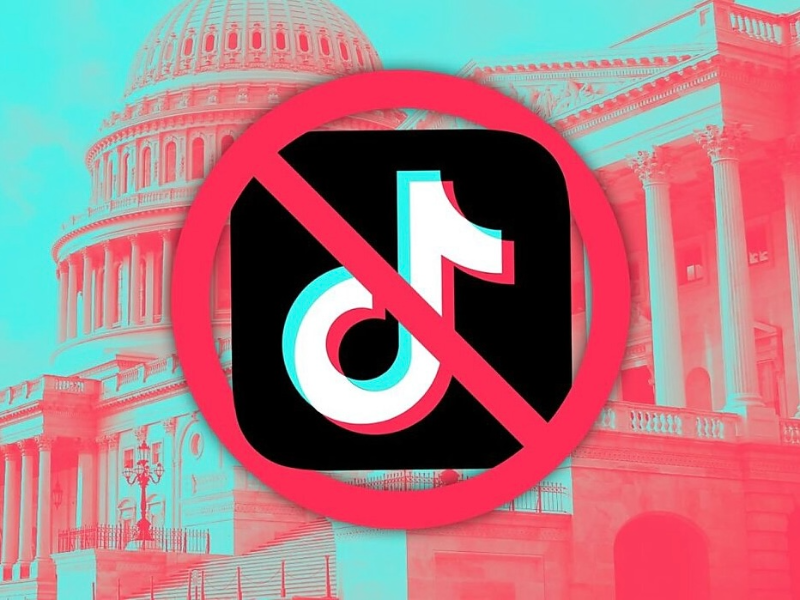- The House of Representatives’ potential ban on TikTok, pending its sale by ByteDance within six months, has raised constitutional concerns regarding freedom of speech.
- Despite claims of national security risks, TikTok has implemented measures to protect user data, such as routing U.S. data to American servers controlled by Oracle.
- The proposed ban may stifle harmless content and prove ineffective in preventing existing users from accessing TikTok via offshore servers, primarily inconveniencing legitimate users.
The recent House of Representatives decision to potentially ban TikTok unless its parent company, ByteDance, sells the app within six months has sparked debate and scrutiny. However, several key issues cast doubt on the effectiveness and constitutionality of such a move.
Firstly, there are significant concerns regarding the ban’s constitutionality, particularly regarding the First Amendment rights of both TikTok and its millions of American users. Any ban must demonstrate a compelling government interest unrelated to speech and must not excessively restrict freedom of expression.
While proponents argue that the ban is necessary to prevent Chinese government surveillance, it’s questionable whether TikTok poses a significant threat. Despite past controversies, TikTok has implemented measures like Project Texas since 2023, redirecting U.S. data to American servers controlled by Oracle, thus mitigating security risks.
Also read: 72% of Americans oppose the bill to ban TikTok
Also read: US passes bill that could ban TikTok despite resistance from Trump
Moreover, even if national security concerns are valid, a blanket ban on TikTok risks stifling vast amounts of harmless content, such as dance videos and entertainment, that contribute little to security threats. Additionally, the ban would likely prove ineffective, as it cannot prevent existing users from accessing TikTok via offshore servers, thus mainly inconveniencing legitimate users.
Furthermore, prohibiting TikTok does not resolve the fundamental problem of foreign governments obtaining data from American users, as numerous other companies like Facebook, X, Google, and Lyft engage in similar data collection and monetization practices. This data is frequently traded on data markets, where governments, like other entities, can acquire or illicitly obtain it. As a result, a more comprehensive approach to privacy legislation is needed to tackle this issue effectively.
Supporters might argue that the bill aims not to ban TikTok but to pressure its parent company, ByteDance, into selling the app to American entities. However, given the complexities of such a deal within six months and past court rulings against TikTok bans, the current proposal’s credibility is in question. While acknowledging China’s geopolitical threat and TikTok’s security issues, alternative measures should be explored as banning TikTok restricts speech excessively without effectively tackling underlying concerns.

